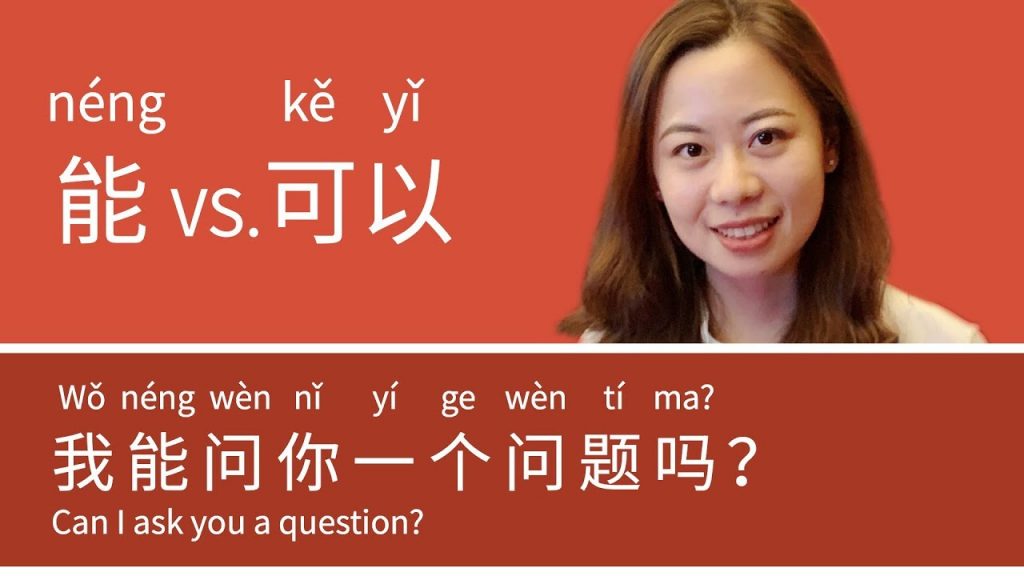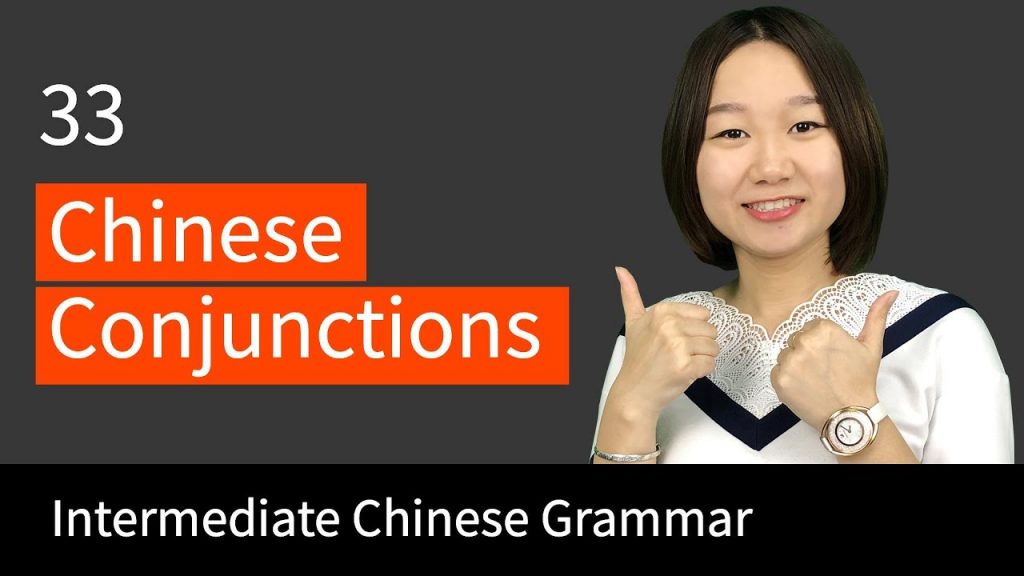Do you think that Chinese idioms aka chengyu (成语) are difficult to learn and they are rarely used in daily conversations? Actually, most native speakers often use Chinese chengyu in everyday life. In this Chinese lesson, we'd like to list and explain 10 easy Chinese idioms so that you can use them like a pro. Hope those common Chinese idioms can help you impress the natives when you talk with them.
Note: If you don’t want to read the text, you can watch the video lesson. You can also download the MP3 and PDF transcript of these Chinese idioms for on-the-go learning. And don’t forget to take the quiz on this lesson to solidify what you have learned!
10 EASY Chinese Idioms (成语) to Sound Like a Fluent Speaker
1. 一模一样 (yì mú yí yàng)
一模一样(yì mú yí yàng) means as like as two peas or be exactly alike. It is used to describe something that is exactly the same and not different at all.
Examples:
你的衣服和我的衣服一模一样。
Your dress is exactly the same as mine.
他和他爸爸长得一模一样。
He looks exactly like his dad.
2. 乱七八糟 (luàn qī bā zāo)
乱七八糟(luàn qī bā zāo) is a negative Chinese chengyu meaning be out of order, messy and not neat at all. It can be used to describe specific things or people’s psychological feelings.
Examples:
你的作业写得乱七八糟,很多字都看不清楚。
Your homework is so messy and I cannot make out a lot of the characters.
我这心里乱七八糟的。
I’m in a mess.
3. 莫名其妙 (mò míng qí miào)
Here we take apart this idiom to explain the meaning of the four words. “莫(mò)” is an adverb indicating there is no one or nothing. “名(míng)” means tell or describe in written Chinese. “其(qí)” is a pronoun which denotes his, her, or its. “妙(miào)” is secret. So the whole chengyu means no one can tell what’s the secret. When you think something is strange and confusing, you can say it is “莫名其妙(mò míng qí miào)”.
Examples:
最近我常常会莫名其妙地头疼。
I often have headaches lately for no reason.
明明是你的错,为什么要我道歉,莫名其妙。
It is obviously your fault. Why are you asking me to apologize? So weird.
4. 一见钟情 (yí jiàn zhōng qíng)
How long does it take to fall in love with someone? People can fall in love when they met first. There is a Chinese idiom to describe this case, that is “一见钟情(yí jiàn zhōng qíng)”. It means fall in love at first sight.
Examples:
你相信一见钟情吗?
Do you believe in love at first sight?
他在一次聚会上遇到了丽丽,两人一见钟情。
He met Lili at a party and they fell in love at first sight.
5. 胡思乱想 (hú sī luàn xiǎng)
胡思乱想(hú sī luàn xiǎng) means having unfounded and unrealistic thoughts, and these thoughts are usually of no use to us.
Examples:
她晚上睡不着,总躺在床上胡思乱想。
She can’t sleep at night, often overthinking in bed.
别在那儿胡思乱想了,快过来帮我整理东西吧。
Stop overthinking. Come help me organize.
6. 胡说八道 (hú shuō bā dào)
It is annoying when someone keeps talking nonsense. Do you know which chengyu can be used to describe such behavior? It is “胡说八道(hú shuō bā dào)”. This idiom refers to irresponsible nonsense (to talk rubbish).
Examples:
如果你不知道这件事, 就不要胡说八道。
If you don’t know what happened, don’t make things up.
你这样不负责任地胡说八道, 是在欺骗人家。
You are lying to them by speaking nonsense irresponsibly.
7. 稀里糊涂 (xī li hú tú)
稀里糊涂(xī li hú tú) has two meanings, one of which indicates confused and the other refers to doing things carelessly.
Examples:
这道题他讲了两遍,我还是稀里糊涂的。
He has explained this question twice, but I am still confused.’
这件事没有经过认真讨论,就稀里糊涂地通过了。
This matter was never discussed thoroughly and it was muddled through.
8. 自由自在 ( zì yóu zì zài)
This is an idiom that many people like and yearn for. 自由自在( zì yóu zì zài) means free, without any restrictions, comfortable and at ease. It can be used to describe people’s character or behavior. It can also be used to describe the feeling of a place.
Examples:
我很怀念在大学自由自在的日子。
I really miss my easy and free university days.
我想有一天能够自由自在地做我自己想做的事情。
I think one day I will be free to do anything I want.
9. 自以为是 (zì yǐ wéi shì)
People who are “自以为是(zì yǐ wéi shì)” always think they are right, whether it is what they do or their points of view, and never accept others’ opinions.
Examples:
小明一直自以为是,觉得任何人都比不上他。
Xiaoming has always been very conceited, thinking he is superior to others.
她遇到问题不会去请教别人,只会自以为是地处理。
She never asks for help and only deals with things the way she wants.
10. 十全十美 (shí quán shí měi)
十全十美(shí quán shí měi) is equivalent to perfect English, which indicates something or someone is without any flaws.
Examples:
每个人都有自己的缺点,不可能十全十美。
Everyone has their flaws and no one is perfect.
他做任何事情都希望十全十美。
He expects everything to be perfect.
Over 100 Common Chinese Idioms Used in Daily Life
Want to learn more Chinese idioms? Here are more than 100 chengyu and idiomatic phrases that are among the most used in modern China.
PDF, Quiz for Chengyu & Final Words
Now you have learned the common and useful Chinese idioms in this article. Try to use chengyu when you chat with your Chinese friends and ask them to point out if you are using idioms correctly. Your Chinese, in time, will improve a lot. You can also download the MP3 and PDF transcript of these Chinese idioms for on-the-go learning. And don’t forget to take the quiz on this lesson to solidify what you have learned! Which idiom do you like the best? Please tell us in the comments.






Comments